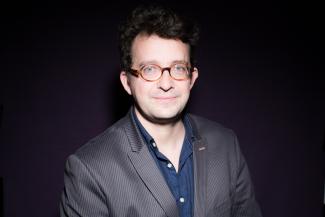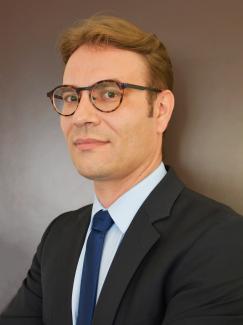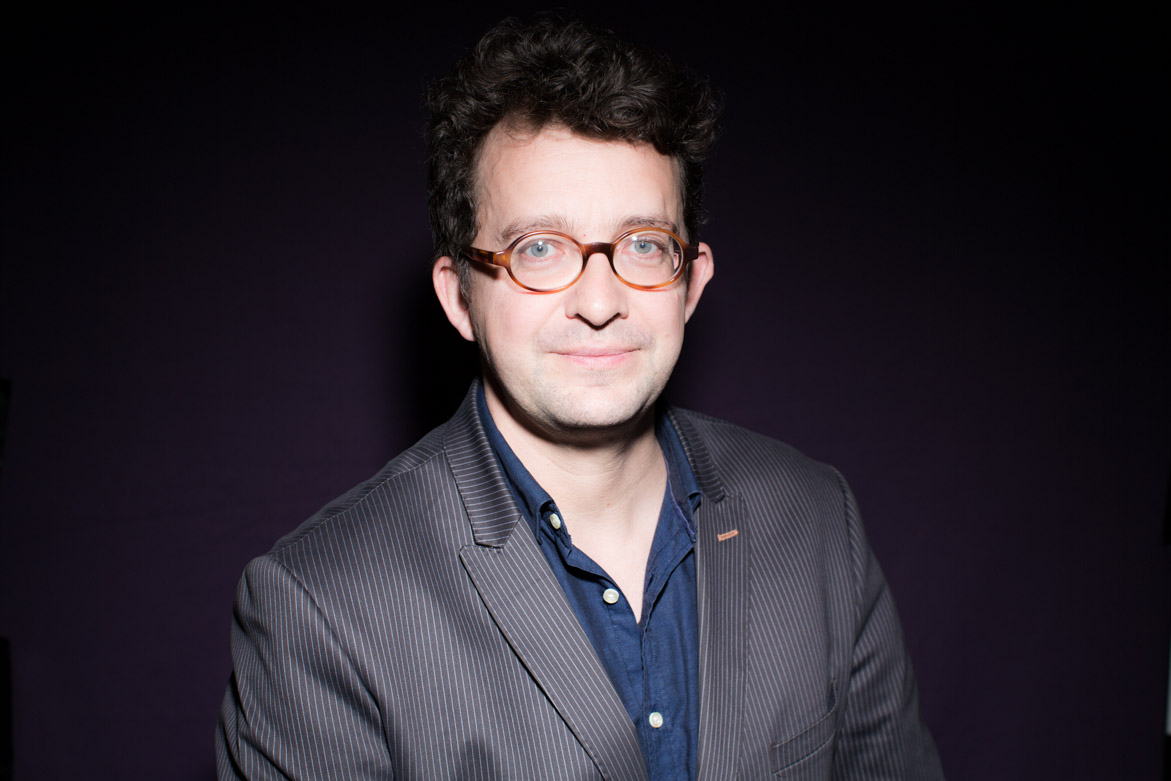After Mali, what Commitment from Germany in the Sahel?
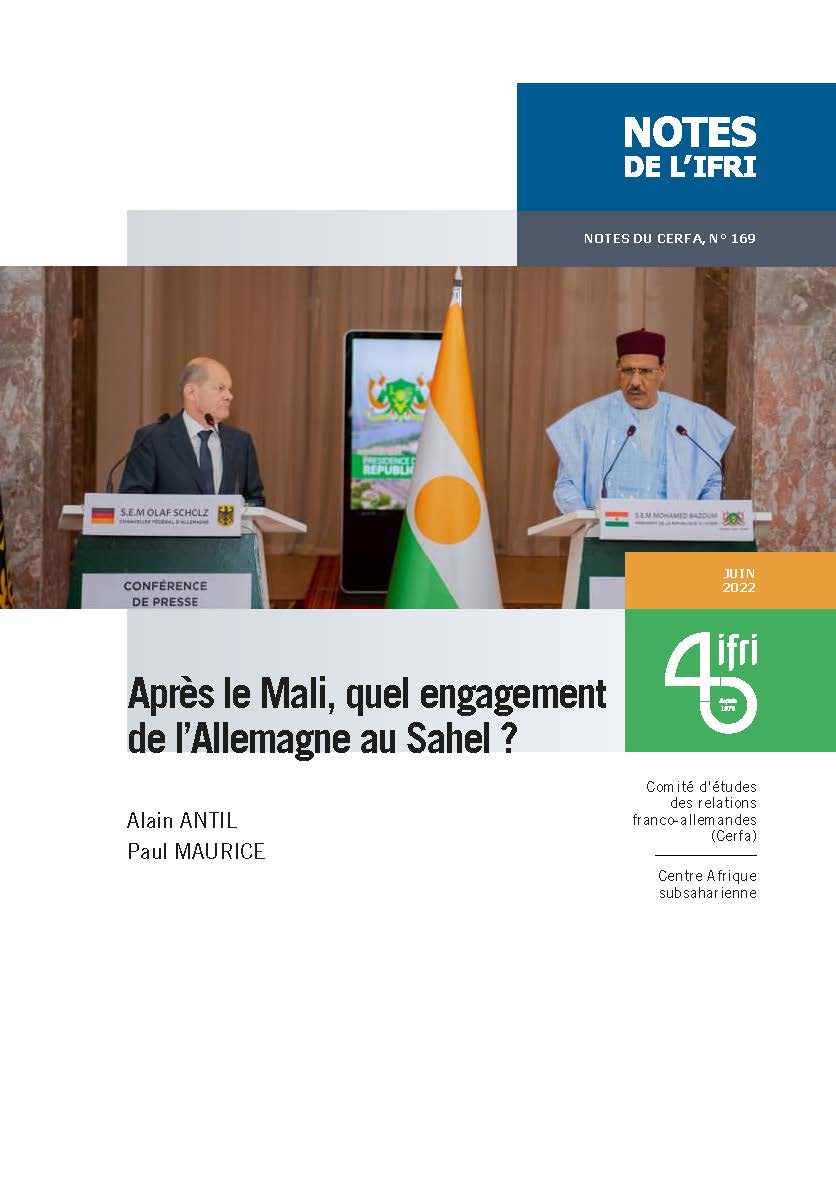
Germany, despite the reluctance of its public opinion, is committed to supporting security in the Sahel, notably through its participation in the European Union Training Mission in Mali (EUTM) and recently in Niger, and in the United Nations Multidimensional Integrated Stabilization Mission in Mali (MINUSMA).
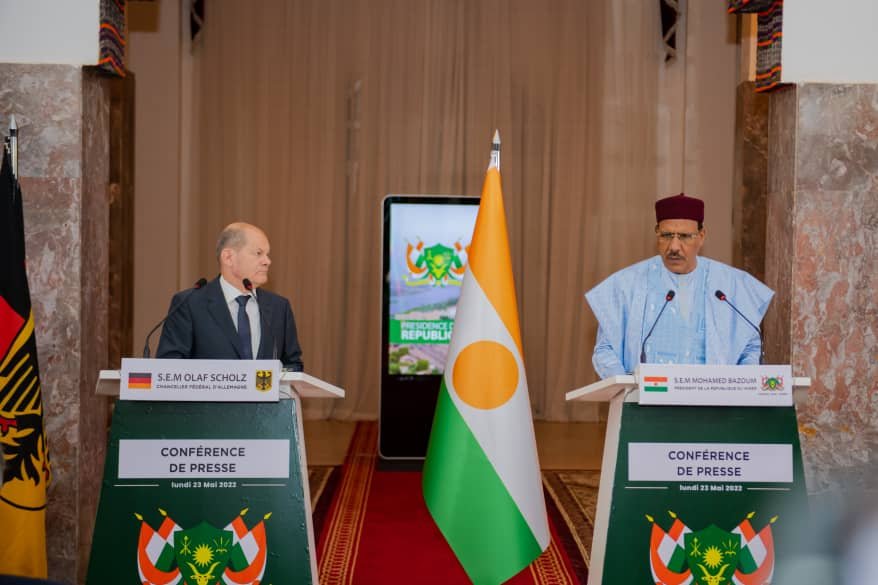
The security situation in the central Sahel, despite a significant commitment by the international community, has been deteriorating sharply for a decade. The arrival of the Russian private military company Wagner in Mali led to the suspension of the training component of EUTM, and thus to the German withdrawal. On the other hand, following the announcement of the withdrawal of the French operation Barkhane, Berlin decided to extend its participation in MINUSMA by one year and to increase the number of personnel. This mission is currently Germany's largest security commitment since its pulling out from Afghanistan in the summer of 2021. The security commitment complements Berlin's role in the area, at a time when the French partner is reducing its size and in the context of increasingly fierce strategic competition south of the Sahara. Berlin intends to strengthen its cooperation with civil society and increase its official development assistance.
Alain Antil is the Director of the Sub-Saharan Africa Center at the French Institute of International Relations (Ifri). He works on Mauritanian political issues and on security issues in the Sahel.
Paul Maurice is a Research Fellow at the Study Committee on Franco-German Relations (Cerfa) at the French Institute of International Relations - Ifri, where he specifically works on issues of foreign and security policy of Germany.
This publication is available in French: "Après le Mali, quel engagement de l’Allemagne au Sahel ?" (pdf)
Related centers and programs
Discover our other research centers and programsFind out more
Discover all our analysesMerz’ European Policy-making: The End of the ‘German Vote’?
Friedrich Merz’s European ambition is to turn Germany, long seen as hesitant into a leading actor within the European Union (EU). To that end, he has pledged to end the “German vote,” a phenomenon that epitomizes the paradox of a country both indispensable and frequently absent from European decision-making.

Securing critical raw material (CRM) value chains – a prerequisite for Europe’s technological resilience
At the heart of economic security, technological resilience is a backbone of the European Union’s (EU) competitiveness. The EU’s energy and digital transitions depend on critical raw materials (CRM).

Reconciling competitiveness and demographic change: a Franco-German imperative
France and Germany are facing parallel demographic shifts that could reshape the future of their economies and their social models. These shifts reflect broader European patterns but are magnified by the central role both nations play in EU governance and competitiveness.
Taking the Pulse: Does France's Political Crisis Weaken Europe's Geopolitical Hand?
While the EU tries to navigate a myriad international challenges, France is experiencing historic political disarray. What impact will instability in Paris have on Europe's geostrategic capacity?








